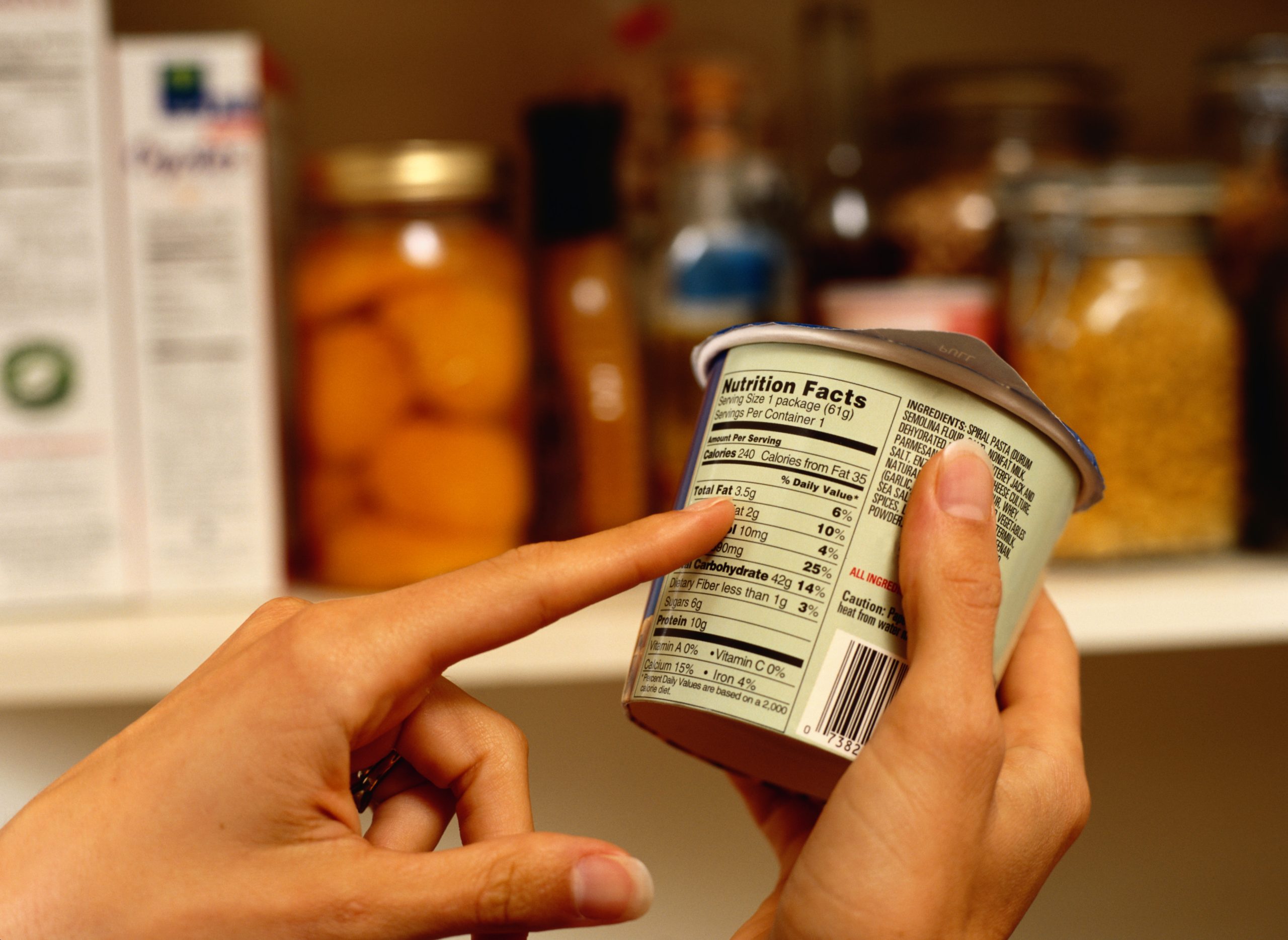Get Easy Health Digest™ in your inbox and don’t miss a thing when you subscribe today. Plus, get the free bonus report, Mother Nature’s Tips, Tricks and Remedies for Cholesterol, Blood Pressure & Blood Sugar as my way of saying welcome to the community!
The growing blood clot concern over low-calorie sweeteners

The statistics don’t lie — we consume way too much sugar.
According to the American Heart Association, American adults consume an average of 77 grams of added sugar a day. That’s about 18 and a half teaspoons!
And all that sugar does our health no favors. One study found that sugar contributes to no less than 45 serious health conditions.
It’s no wonder many of us turn to sugar substitutes, like a very popular class of low-calorie sweeteners known as sugar alcohols.
Erythritol, xylitol, sorbitol and mannitol, are found naturally in small quantities in fruits and vegetables. Small amounts are even produced in the human body. So that would make them seem like a safe natural choice, right?
Unfortunately, they’re not without concern: You may remember reading here about erythritol’s link to sticky blood that clots more easily.
Now it turns out, erythritol isn’t the only sugar alcohol harboring that potential danger….
Xylitol could encourage blood clots
The same research team that made the association between erythritol stroke risk has found a similar link with xylitol.
A lot of heart attacks and strokes happen that defy explanation in people without the typical known risk factors like diabetes — like high blood pressure or elevated cholesterol levels. And that’s what first prompted these researchers to look into sugar alcohols…
First, they decided to monitor the level of naturally occurring xylitol in the blood of more than 3,000 participants after overnight fasting.
Those whose xylitol levels put them in the top 25 percent of the study group had roughly double the risk for heart attack, stroke or death over the next three years compared with participants in the bottom 25 percent.
To understand the mechanism behind xylitol’s impact on cardiovascular risks, the researchers also:
- fed xylitol to mice;
- added it to blood and plasma samples in a lab;
- and gave a drink containing xylitol to 10 healthy volunteers.
In all three cases, xylitol appeared to activate platelets in the blood, which encourages blood clotting. Blood clots are the leading cause of heart attack and stroke.
Next, they intend to pursue research that will answer why naturally occurring xylitol is elevated in some people — and most importantly, how to lower it. In the meantime, they have a warning for us…
“We’re throwing this stuff into our food pyramid, and the very people who are most likely to be consuming it are the ones who are most likely to be at risk,” reported lead author Dr. Stanely Hazen, chair of cardiovascular and metabolic sciences at Cleveland Clinic’s Lerner Research Institute, in an interview with NBC News.
The participants who had their xylitol levels measured were at high risk for or had documented heart disease, so if that sounds like you, by all means, you want to avoid sugar alcohol.
“All it takes is xylitol to interact with platelets alone for a very brief period of time, a matter of minutes, and the platelet becomes supercharged and much more prone to clot,” Hazen added.
Use natural sweeteners instead
Because the study was observational, the researchers can’t state that xylitol was unequivocally the cause of heart attack or stroke. But there’s no denying there appears to be a link — so cutting down on sweeteners like xylitol and erythritol is the best thing to do.
When used as a sweetener, it’s in much higher concentrations than found in nature. For example, the amount of erythritol used in foods was 1,000-fold higher than what you’d find in nature.
Hazen is telling his patients to avoid consuming xylitol and other sugar alcohols. Instead, he recommends sweetening foods with small amounts of sugar, honey or fruit. Be very cautious of keto-friendly products that often use alcohol sweeteners.
He says it’s probably not dangerous to use toothpaste or gum, also commonly sweetened with sugar alcohols, since so little is ingested in these cases. Still, it’s probably better to be safe than sorry and avoid sugar alcohols — in any product — altogether.
You may wonder if using other artificial sweeteners instead of sugar alcohols is safe. Judging by the research, we would also recommend avoiding those. There are simply too many potential health issues involved to take the risk.
If you are a fan of stevia, a plant-based sweetener that is not a sugar alcohol, be sure to look at the ingredient list to be sure you are getting pure stevia. Some brands mix erythritol with it.
Editor’s note: Are you feeling unusually tired? You may think this is normal aging, but the problem could be your master hormone. When it’s not working, your risk of age-related diseases skyrockets. To reset what many call “the trigger for all disease” and live better, longer, click here to discover The Insulin Factor: How to Repair Your Body’s Master Controller and Conquer Chronic Disease!
Sources:
Common sugar substitute linked to increased risk of heart attack and stroke — NBC News
Xylitol is prothrombotic and associated with cardiovascular risk — European Heart Journal














